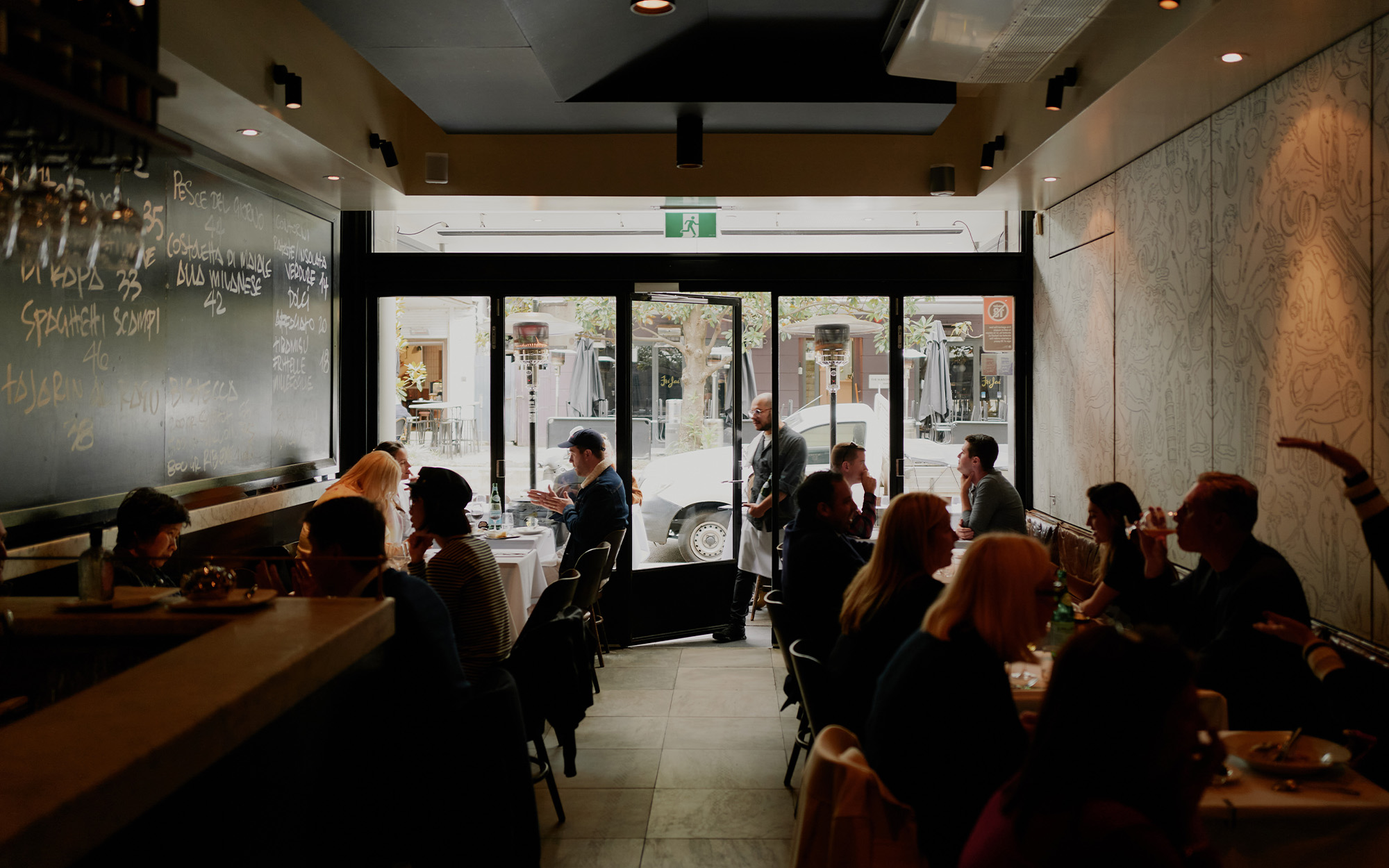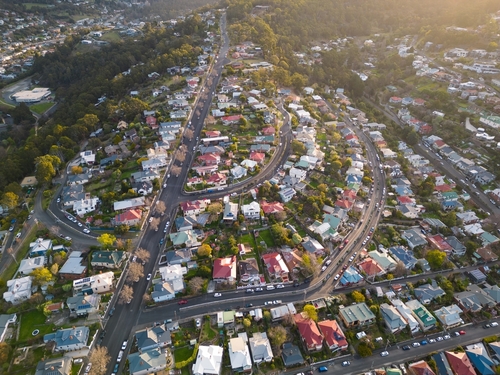Should AI Have Access to Your Medical Records? What if It Can Save Many Lives?
We asked readers: Is it worth giving up some potential privacy if the public benefit could be great? Here’s what they said.
We’re constantly told that one of the potentially biggest benefits of artificial intelligence is in the area of health. By collecting large amounts of data, AI can create all sorts of drugs for diseases that have been resistant to treatment.
But the price of that could be that we have to share more of our medical information. After all, researchers can’t collect large amounts of data if people aren’t willing to part with that data.
We wanted to see where our readers stand on the balance of privacy versus public-health gains as part of our series on ethical dilemmas created by the advent of AI.
Here are the questions we posed…
AI may be able to discover new medical treatments if it can scan large volumes of health records. Should our personal health records be made available for this purpose, if it has the potential to improve or save millions of lives? How would we guard privacy in that case?
…and some of the answers we received. undefined
Rely on nonpartisan overseers
While my own recent experience with a data breach highlights the importance of robust data security, I recognise the potential for AI to revolutionise healthcare. To ensure privacy, I would be more comfortable if an independent, nonpartisan body—overseen by medical professionals, data-security experts, and citizen representatives—managed a secure database.
Anonymity cuts both ways
Yes. Simply sanitise the health records of any identifying information, which is quite doable. Although there is an argument to be made that AI may discover something that an individual needs or wants to know.
Executive-level oversight
I think we can make AI scanning of health records available with strict privacy controls. Create an AI-CEO position at medical facilities with extreme vetting of that individual before hiring them.
Well worth it
This actually sounds like a very GOOD use of AI. There are several methods for anonymising data which would allow for studies over massive cross-sections of the population without compromising individuals’ privacy. The AI would just be doing the same things meta-studies do now, only faster and maybe better.
Human touch
My concern is that the next generations of doctors will rely more heavily, maybe exclusively, on AI and lose the ability or even the desire to respect the art of medicine which demands one-on-one interaction with a patient for discussion and examination (already a dying skill).
Postmortem
People should be able to sign over rights to their complete “anonymised” health record upon death just as they can sign over rights to their organs. Waiting for death for such access does temporarily slow down the pace of such research, but ultimately will make the research better. Data sets will be more complete, too. Before signing over such rights, however, a person would have to be fully informed on how their relatives’ privacy may also be affected.
Pay me or make it free for all
As long as this is open-source and free, they can use my records. I have a problem with people using my data to make a profit without compensation.
Privacy above all
As a free society, we value freedoms and privacy, often over greater utilitarian benefits that could come. AI does not get any greater right to infringe on that liberty than anything else does.
Opt-in only
You should be able to opt in and choose a plan that protects your privacy.
Privacy doesn’t exist anyway
If it is decided to extend human lives indefinitely, then by all means, scan all health records. As for privacy, there is no such thing. All databases, once established, will eventually, if not immediately, be accessed or hacked by both the good and bad guys.
The data’s already out there
I think it should be made available. We already sign our rights for information over to large insurance companies. Making health records in the aggregate available for helping AI spot potential ways to improve medical care makes sense to me.
Overarching benefit
Of course they should be made available. Privacy is no serious concern when the benefits are so huge for so many.
Compensation for breakthroughs
We should be given the choice to release our records and compensated if our particular genome creates a pathway to treatment and medications.
Too risky
I like the idea of improving healthcare by accessing health records. However, as great as that potential is, the risks outweigh it. Access to the information would not be controlled. Too many would see personal opportunity in it for personal gain.
Nothing personal
The personal info should never be available to anyone who is not specifically authorised by the patient to have it. Medical information can be used to deny people employment or licenses!
No guarantee, but go ahead
This should be allowed on an anonymous basis, without question. But how to provide that anonymity?
Anonymously isolating the information is probably easy, but that information probably contains enough information to identify you if someone had access to the data and was strongly motivated. So the answer lies in restricting access to the raw data to trusted individuals.
Take my records, please
As a person with multiple medical conditions taking 28 medications a day, I highly endorse the use of my records. It is an area where I have found AI particularly valuable. With no medical educational background, I find it very helpful when AI describes in layman’s terms both my conditions and medications. In one instance, while interpreting a CT scan, AI noted a growth on my kidney that looked suspiciously like cancer and had not been disclosed to me by any of the four doctors examining the chart.
This stylish family home combines a classic palette and finishes with a flexible floorplan
Just 55 minutes from Sydney, make this your creative getaway located in the majestic Hawkesbury region.
As Paris makes its final preparations for the Olympic games, its residents are busy with their own—packing their suitcases, confirming their reservations, and getting out of town.
Worried about the hordes of crowds and overall chaos the Olympics could bring, Parisians are fleeing the city in droves and inundating resort cities around the country. Hotels and holiday rentals in some of France’s most popular vacation destinations—from the French Riviera in the south to the beaches of Normandy in the north—say they are expecting massive crowds this year in advance of the Olympics. The games will run from July 26-Aug. 1.
“It’s already a major holiday season for us, and beyond that, we have the Olympics,” says Stéphane Personeni, general manager of the Lily of the Valley hotel in Saint Tropez. “People began booking early this year.”
Personeni’s hotel typically has no issues filling its rooms each summer—by May of each year, the luxury hotel typically finds itself completely booked out for the months of July and August. But this year, the 53-room hotel began filling up for summer reservations in February.
“We told our regular guests that everything—hotels, apartments, villas—are going to be hard to find this summer,” Personeni says. His neighbours around Saint Tropez say they’re similarly booked up.
As of March, the online marketplace Gens de Confiance (“Trusted People”), saw a 50% increase in reservations from Parisians seeking vacation rentals outside the capital during the Olympics.
Already, August is a popular vacation time for the French. With a minimum of five weeks of vacation mandated by law, many decide to take the entire month off, renting out villas in beachside destinations for longer periods.
But beyond the typical August travel, the Olympics are having a real impact, says Bertille Marchal, a spokesperson for Gens de Confiance.
“We’ve seen nearly three times more reservations for the dates of the Olympics than the following two weeks,” Marchal says. “The increase is definitely linked to the Olympic Games.”

Getty Images
According to the site, the most sought-out vacation destinations are Morbihan and Loire-Atlantique, a seaside region in the northwest; le Var, a coastal area within the southeast of France along the Côte d’Azur; and the island of Corsica in the Mediterranean.
Meanwhile, the Olympics haven’t necessarily been a boon to foreign tourism in the country. Many tourists who might have otherwise come to France are avoiding it this year in favour of other European capitals. In Paris, demand for stays at high-end hotels has collapsed, with bookings down 50% in July compared to last year, according to UMIH Prestige, which represents hotels charging at least €800 ($865) a night for rooms.
Earlier this year, high-end restaurants and concierges said the Olympics might even be an opportunity to score a hard-get-seat at the city’s fine dining.
In the Occitanie region in southwest France, the overall number of reservations this summer hasn’t changed much from last year, says Vincent Gare, president of the regional tourism committee there.
“But looking further at the numbers, we do see an increase in the clientele coming from the Paris region,” Gare told Le Figaro, noting that the increase in reservations has fallen directly on the dates of the Olympic games.
Michel Barré, a retiree living in Paris’s Le Marais neighbourhood, is one of those opting for the beach rather than the opening ceremony. In January, he booked a stay in Normandy for two weeks.
“Even though it’s a major European capital, Paris is still a small city—it’s a massive effort to host all of these events,” Barré says. “The Olympics are going to be a mess.”
More than anything, he just wants some calm after an event-filled summer in Paris, which just before the Olympics experienced the drama of a snap election called by Macron.
“It’s been a hectic summer here,” he says.

AFP via Getty Images
Parisians—Barré included—feel that the city, by over-catering to its tourists, is driving out many residents.
Parts of the Seine—usually one of the most popular summertime hangout spots —have been closed off for weeks as the city installs bleachers and Olympics signage. In certain neighbourhoods, residents will need to scan a QR code with police to access their own apartments. And from the Olympics to Sept. 8, Paris is nearly doubling the price of transit tickets from €2.15 to €4 per ride.
The city’s clear willingness to capitalise on its tourists has motivated some residents to do the same. In March, the number of active Airbnb listings in Paris reached an all-time high as hosts rushed to list their apartments. Listings grew 40% from the same time last year, according to the company.
With their regular clients taking off, Parisian restaurants and merchants are complaining that business is down.
“Are there any Parisians left in Paris?” Alaine Fontaine, president of the restaurant industry association, told the radio station Franceinfo on Sunday. “For the last three weeks, there haven’t been any here.”
Still, for all the talk of those leaving, there are plenty who have decided to stick around.
Jay Swanson, an American expat and YouTuber, can’t imagine leaving during the Olympics—he secured his tickets to see ping pong and volleyball last year. He’s also less concerned about the crowds and road closures than others, having just put together a series of videos explaining how to navigate Paris during the games.
“It’s been 100 years since the Games came to Paris; when else will we get a chance to host the world like this?” Swanson says. “So many Parisians are leaving and tourism is down, so not only will it be quiet but the only people left will be here for a party.”
This stylish family home combines a classic palette and finishes with a flexible floorplan
Just 55 minutes from Sydney, make this your creative getaway located in the majestic Hawkesbury region.


















